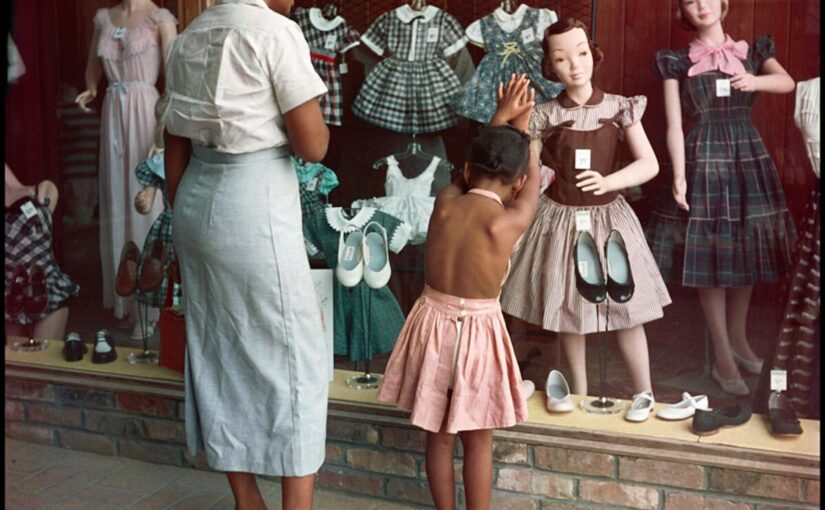For my internship this semester, due to COVID-19, it has been all remote either on Zoom for weekly check-ins or on Slack, a communication-based app used by professionals. Unfortunately, I have not been to any workplace events as I hoped but I was able to meet interesting people and potential mentors. In one of the online Zoom meetings, I did meet someone who was hired to change the company website and help out with the workload of video editing and content creating. We met and he asked us what we were good at design-wise and I found out that we have both used an animation program and he said he might need help thinking of exercises for his class to do. I definitely want to keep in contact with him as he looks knowledgeable and could potentially have contacts.
Category: Internship in Communication Design
Ethics Assignment 2
a) Being an artist for over 8 years now I know the dangers of having work stolen, used, and uncredited and how devastating and demoralizing it is. In my internship this semester I have not misused another artist’s work as I had to create original content. In group work or projects it is important to credit the right people. Because of intellectual property, if you don’t do this you can be in serious trouble and even sued for not crediting. The NYT’s article, Shepard Fairey Is Fined and Sentenced to Probation in ‘Hope’ Poster Case it involves a case of copyright between Mr. Fairey and The Associated Press over the famous Obama ‘Hope’ poster. Working as an intern taught me that even though the work I produce is made by me if I use another photo or someone else’s work, I should credit them because it is the right thing to do.
b) In this case I thought it ended fairly. The photographer was in his right to sue and demand compensation but I also feel he isn’t entitled to all the profits made off of the ‘Hope’ poster and imagery as it was created entirely by Mr. Fairey. At this point in time, the internet was just beginning, sharing photos and posting was just becoming commonplace and accessible, so I understand the need to make Mr. Fairey an example as to how we deal with copyright infringement and intellectual property. I’m sure since this lawsuit, many artists have been more cautious and thought twice before using someone else’s work.
Ethics Assignment 1
a) During this internship, I did have to use images and other company-owned images. Since my internship is in graphic design, I did create some social media designs that used the company’s logo. In AIGAs Design Business and Ethics guide, what struck me as important was the paragraph on AUthorship “A professional designer shall not claim sole credit for a design on which other designers have collaborated.” That when designing something it is important to note when something is not your design and credit the right people. When it comes to logo use and trademarks, this is the same thing. It is my responsibility to credit work correctly and not misuse the work I was given by my internship. In one of my assignments during my time there, I created a social media post that included the company logo. I asked my superiors which specific logo I should use, as there were two, and what specs or rules I should follow. I was lucky that they trusted me and the team to design freely and then they would pick from there which design they would use.
b) For my internship, I did not have to sign a confidentiality or non-disclosure agreement. When I first obtained my internship I contacted them through email and sent in the appropriate paperwork for my class. They never brought up any paperwork on their behalf and so this was how it went. I do understand the importance of an NDA as I’ve had to sign one recently, and I generally try to remain professional and respectful of people’s work and rules. In AIGAs Design Business and Ethics guide, it stresses the importance of confidentiality when meeting with your client for the first time. In my journal and posts, I did follow the rule of not including the company I work for, any names of my coworkers, and the location as these can be easily found, and then we can both potentially be put in danger.
Self Evaluation
For the self-evaluation in this internship, I will be focusing on one project I was assigned during my internship. The assignment was to edit a video interview that was done over Zoom. I had to edit the interview so it would be visually appealing and interesting to look at since it was long and could lose people.
I was given all the files in a Google Drive and so I started the editing. I began by listening and watching the entire video and noting where I would slice it and edit it. I have prior experience with film editing as I have used Adobe Premiere and even took Intro to Film two semesters ago so I expected the entire project to be done fast. I eventually started editing and making the video visually interesting that same night. I finished the editing the next afternoon which I suspected I would be. When I went to go export it I started having issues due to my computer’s memory space being limited. I then told my supervisor that I was having issues and hope to export it as soon as possible. I kept in contact with him on any updates which I think is important when something unexpected happens during a project.
I had to invest in an external hard drive and was finally able to export and upload the edited video. All in all I was excited to get a chance to do this project and I’m glad that instead of not contacting my supervisor about the problem I had, I took the initiative to tell him what was preventing me from finishing the project. I think I learned that if there’s a hiccup when doing a project or assignment, people are willing to help you so long as you communicate with them.
My Journey To Getting an Internship
For my internship, I am apart of the design team with two of my fellow classmates. At the start of the semester I was unaware I had to have an internship before classes started. I was behind for around two or three weeks after the start of the semester. I started looking at jobs that would take interns but that also applied to my major and the area of focus I wanted to study, graphic design or communication design. By the first week I was informed by my professor that I had to start looking for a job and interviewing. I had trouble getting an interview or a response. I mostly applied to jobs on Indeed and didn’t receive any offers.
By the second week, I was desperate to find an internship and my professor suggested I contact myself with a few places that were looking for interns in design or the arts field. I did just that and contacted the CEO of Giving Forward by emailing him my situation, resume, and portfolio website. I was fortunate by the next day he had emailed me back that I was a part of the interns for this semester. I was CC’d into the already existing thread of emails with my classmates who also applied to the company. The thread basically welcomed us and gave us a brief introduction to our responsibilities.
Getting an Internship
For my internship this semester, I got a job as a Design Intern at Giving Forward. I first got the job opportunity from my professor saying that they were always looking for interns. I believe it is a public company, it primarily deals in advertising and marketing using banners, events, and donations to charities. The location is on the West side of Manhattan but due to COVID-19 and the ongoing pandemic, I am working remotely.
My responsibilities include working on banners using BannerSnack or other programs I am comfortable with such as Adobe Illustrator and Photoshop. The clients are usually scouted from the founder and anyone else who has connections to celebrities. This is a nonprofit and we create content to generate traffic then donate 50% or more of the revenue to the nonprofits the consumer and the content creators select.
COMD 4900: Gordan Parks Professor Nicolaou
Spanish PDF Translation/Traducción PDF en Inglés:
English Audio Translation:
I haven’t heard of Gordon Park before so I’m happy I get to experience his work now. The theme I get from his work and with MoMA’s writing “After getting his first camera at the age of 25, he used this “weapon of choice” to attack issues including racism, poverty, urban life, and injustice.” I get that he wanted to share the black experience in America.

The photo that I was interested in was of a little girl and her mother standing in front of a store window that has white-colored mannequins (https://www.gordonparksfoundation.org/programs/exhibitions/gordon-parks-half-and-the-whole?view=slider). It is something we can now look at differently because of the steps we’ve made towards racial equality, but back during the peak of the Civil Rights Movement, seeing yourself represented whether it be through media like television or magazines or something trivial as the color of the mannequins in stores.
Thinking further, this store could’ve easily been segregated and stores that were integrated could’ve signaled this by either having signs that explicitly say they welcome nonwhite people or by having brown-colored mannequins. The documentation of racism helps remind of us how far we’ve come and how much work is left to do.







